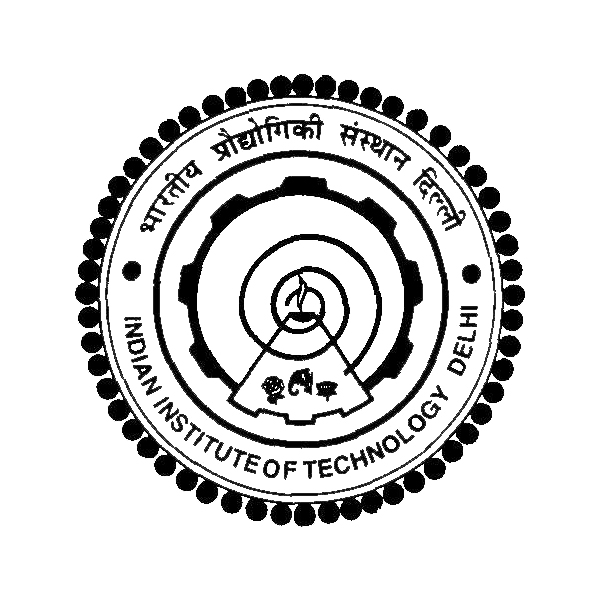IIT-Delhi researchers develop AI-based disease detector
The system is apt for low-resource environments, to detect malaria, TB, and cancer within seconds.
The researchers aim to build a neuromorphic system exclusively for the healthcare sector, in places where there are limited resources and paucity of specialists.
AI-based software do exist for apps used for diagnosis. However, this is the first time that a portable, low-power and cost-effective hardware has been developed to make AI-based systems available in areas with resource constraints.
While microscopy is most suitable for low-resource areas that are prone to diseases, these special equipment are rather expensive and require trained experts or technicians to operate them. Therefore, these are not feasible in places where there is already a dearth of resources, especially skilled technicians. In such a scenario, diagnosis is often based on observation of symptoms and clinical signs alone. Needless to say, such a process is not reliable and chances of errors are many.
Not surprisingly, treatment based on such erroneous diagnoses results in higher mortality and drug resistance. To add to that, there is the additional issue of having to purchase medicines unnecessarily.
The IIT researchers have managed to come up with the best, most reliable and cost-effective alternative that can ensure quality diagnosis and appropriate treatment, and is ideal for low-resource environments.



No comments:
Post a Comment